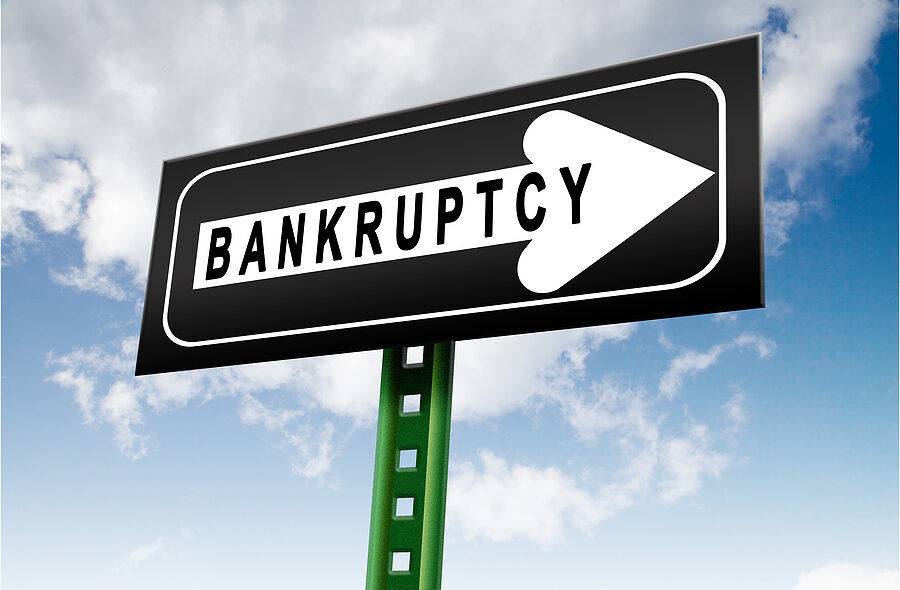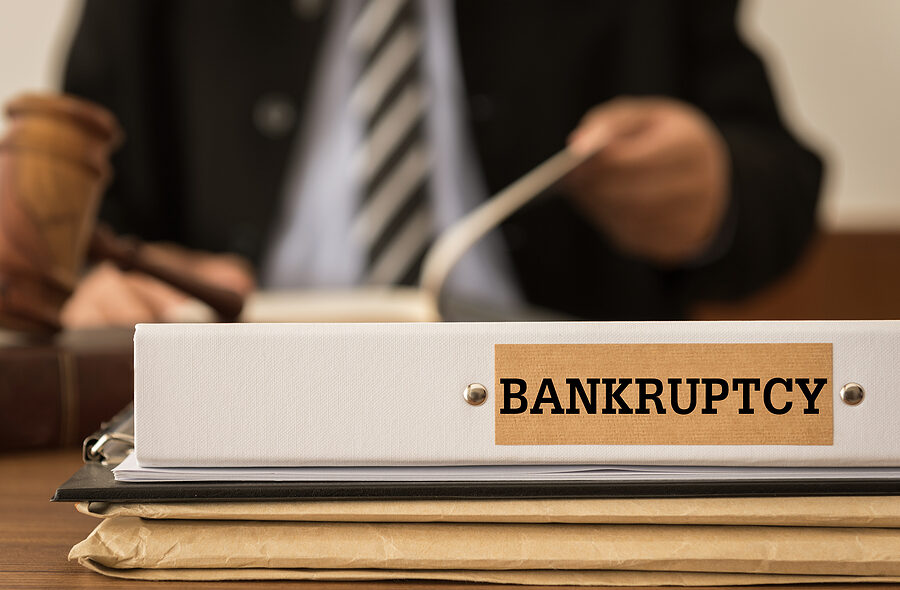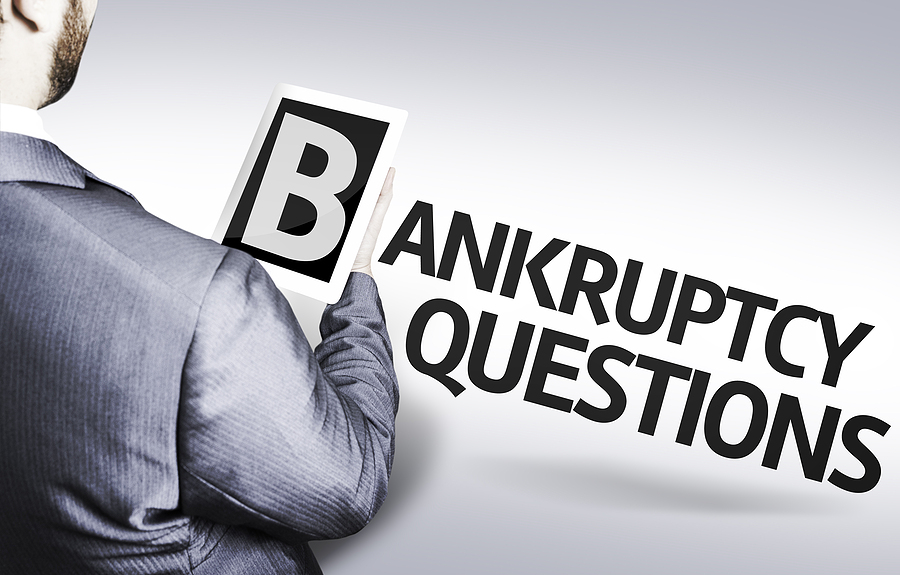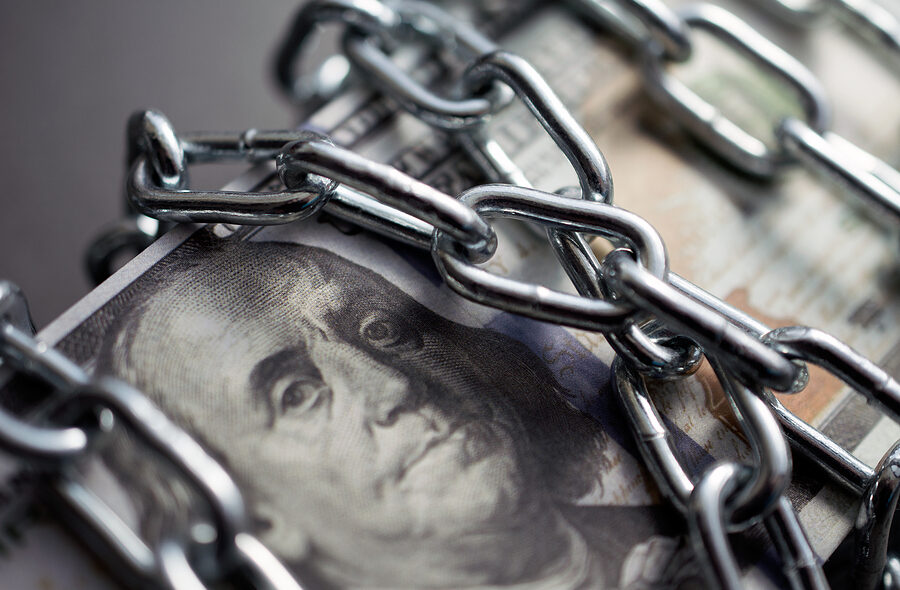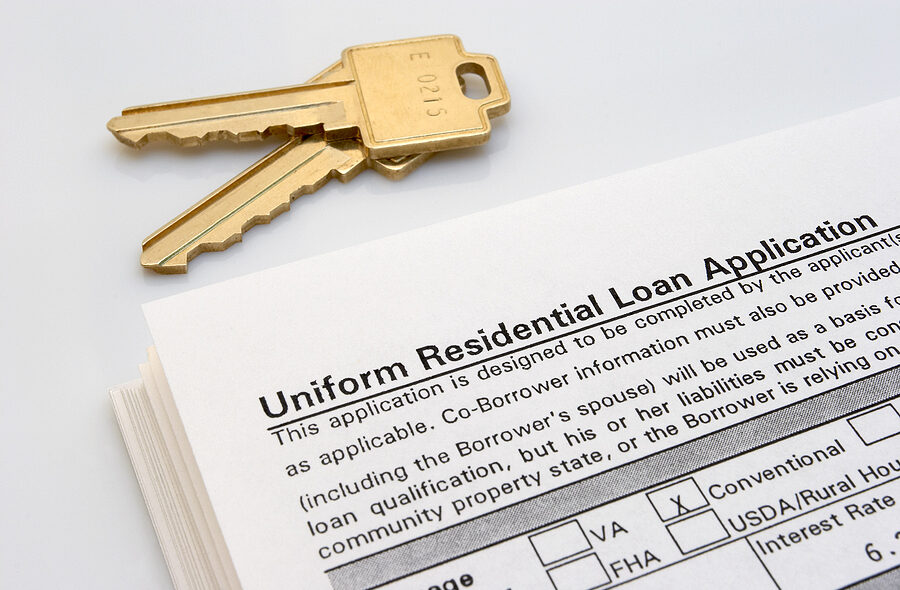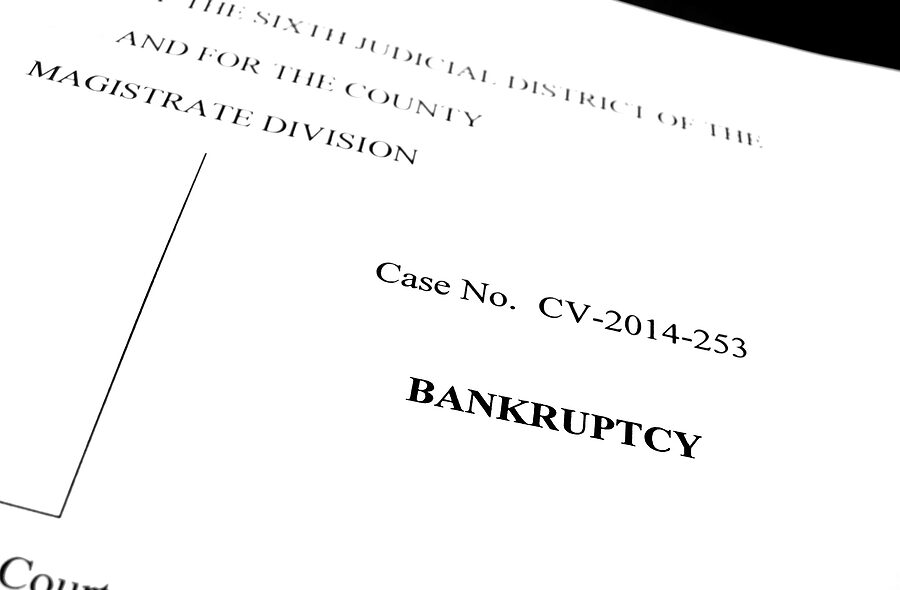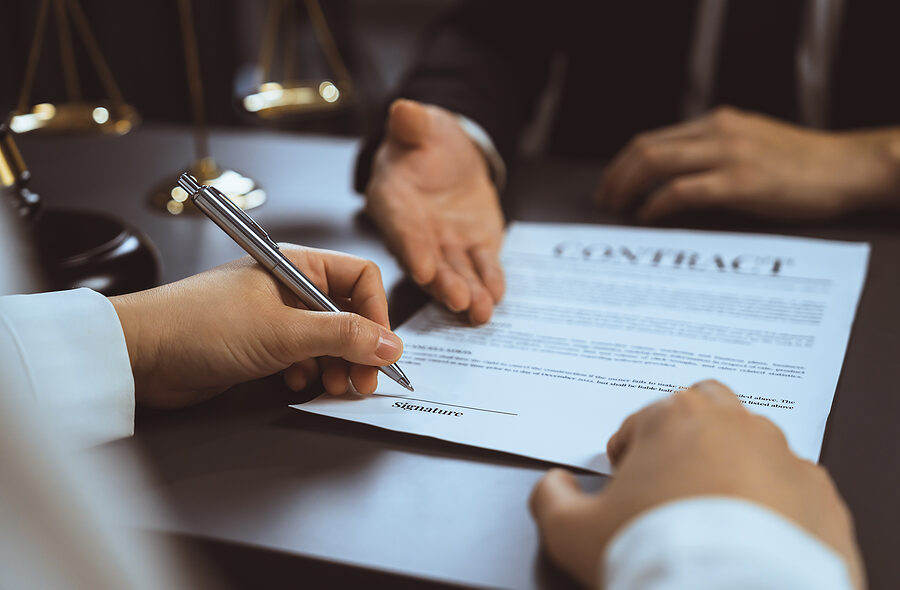People often fear losing everything they own when filing for personal bankruptcy. The good news is the U.S. Bankruptcy Code and Florida bankruptcy laws protect a great deal of a consumer’s assets and property, if used appropriately.
The State of Florida has some of the most generous bankruptcy exemptions in the country. For these exemptions to apply, the consumer must have lived in the state for at least two years before filing. Otherwise, federal exemptions apply.
How bankruptcy exemptions apply depends on the type of bankruptcy case being filed. In a Chapter 7 case, the bankruptcy trustee sells the filer’s nonexempt property, using the proceeds to pay off qualified debts and discharging the remaining debts at the end of the case.
In some cases, if you are not able to exempt an asset fully, the trustee may abandon it because the value is not significantly more than the exemption amount. Keep in mind, it is expensive to conduct a sale for an asset, and it is only worth selling the asset if there is money to pay back your creditors. Usually, goods and clothing are exempt unless they are worth a significant amount of money. In certain states, like Florida, there is an unlimited homestead exemption, which allows you to keep your home in its entirety.
Here is a list of the most common bankruptcy exemptions in Florida.
Homestead Exemption
The homestead exemption allows the filer to keep equity he or she has in the home. In Florida, the amount that is allowed to be exempted is unlimited, meaning the entire value of the house is protected. The filer can keep his or her home after the bankruptcy, so long as he or she can keep up on mortgage payments and can pay off any past due payments. Also, to use the unlimited exemption offered by Florida bankruptcy law, the consumer must have owned the home for at least 1,215 days prior to filing, which comes out to roughly three years and four months.
Wage Exemption
Money the filer earns through his or her paycheck can also be exempted up to a certain amount. The law allows wages of the head of household to be fully exempt up to $750 per week. This exemption applies to both paid and unpaid wages. Any wages deposited into the bank account for up to six months prior to filing can also be protected. Other members of the household can protect up to 75 percent (75%) of their wages or 30 times the federal minimum wage, whichever is higher.
Personal Property Exemptions
Personal property can also be protected to a certain amount. Florida’s bankruptcy exemptions protect up to $1,000 in personal property or $4,000 in personal property if the filer does not use the homestead exemption. This exemption covers art, electronics, jewelry, and furniture. Money in a health savings account and education savings account is also protected, as are prescribed home health aides.
Wildcard Exemption
If the filer does not use the homestead exemption, he or she can protect other property via the wildcard exemption. This exemption can be used on up to $4,000 of personal property or $8,000 if the consumer files his or her taxes jointly with his or her spouse. The wildcard exemption can also be used towards the consumer’s home if he or she owes more than the house is worth, to protect that amount of value in the residence.
Motor Vehicle Exemption
The law allows the filer to retain a certain amount of equity in the car he or she drives. Florida allows the filer to exempt up to $1,000 of the equity he or she has in a car, if the filer has any equity at all in the vehicle.
Retirement Savings & Pension Exemptions
Florida bankruptcy law will also protect certain types of retirement plans and pensions, including the following:
- ERISA-qualified retirement plans, including 401(k)’s, 403(b)’s, IRAs, Roth IRAs, money purchase plans, and profit-sharing plans,
- Public employee retirement benefits,
- Firefighter and police pensions, and
- Teachers’ retirement plans.
Insurance and Benefits Exemptions
Florida bankruptcy filers may also protect the following financial assets through bankruptcy exemptions:
- Proceeds of a life insurance policy that are payable to a specified beneficiary,
- Disability income benefits,
- The cash surrender value on a life insurance policy,
- Fraternal society benefits, and
- Proceeds from an annuity contract, with the exception of annuities set up for lottery winners.
Public Benefits Exemption
Additionally, other benefits the consumer receives may also be exempt including the following:
- Social Security benefits,
- Veterans’ benefits,
- Workers’ compensation and/or unemployment benefits,
- Local public assistance benefits, and
- Money received as crime victim’s compensation benefits.
Child Support and Alimony Exemptions
Money the consumer receives from an alimony or child support order are exempt from being seized in a bankruptcy so long as they are reasonably necessary the support of the filer and his or her child, in cases of child support.
To ensure that the consumer is properly using these bankruptcy exemptions to protect his or her property, a qualified bankruptcy attorney should always be consulted.
Please click here to read more.
If you have questions on this topic or are in financial crisis and considering filing for bankruptcy, contact an experienced Miami bankruptcy attorney who can advise you of all of your options. As an experienced CPA as well as a proven bankruptcy lawyer, Timothy Kingcade knows how to help clients take full advantage of the bankruptcy laws to protect their assets and get successful results. Since 1996 Kingcade Garcia McMaken has been helping people from all walks of life build a better tomorrow. Our attorneys help thousands of people every year take advantage of their rights under bankruptcy protection to restart, rebuild and recover. The day you hire our firm, we will contact your creditors to stop the harassment. You can also find useful consumer information on the Kingcade Garcia McMaken website at www.miamibankruptcy.com.

